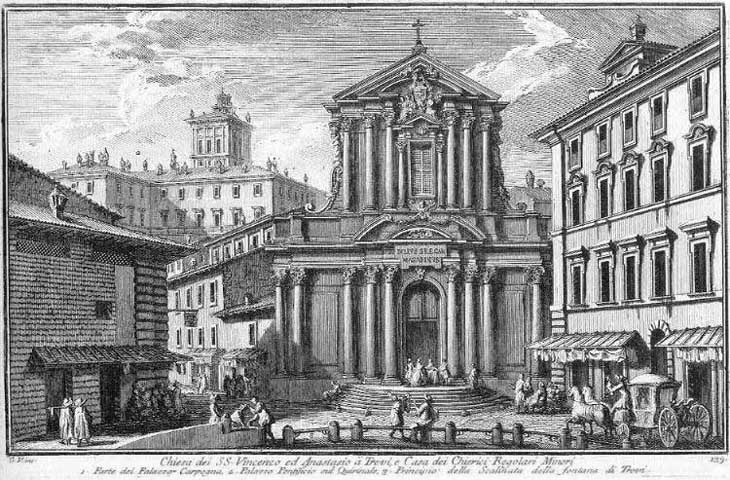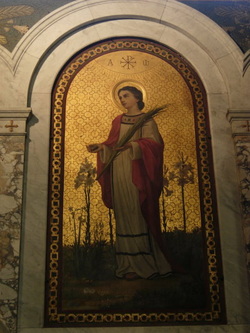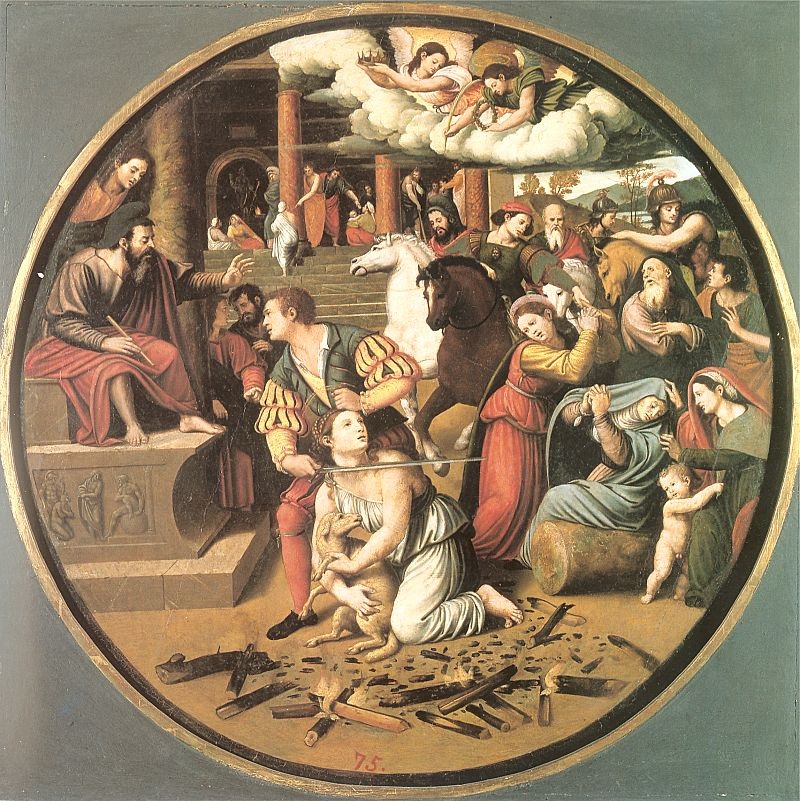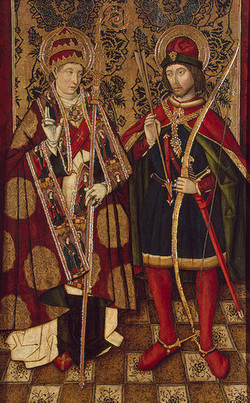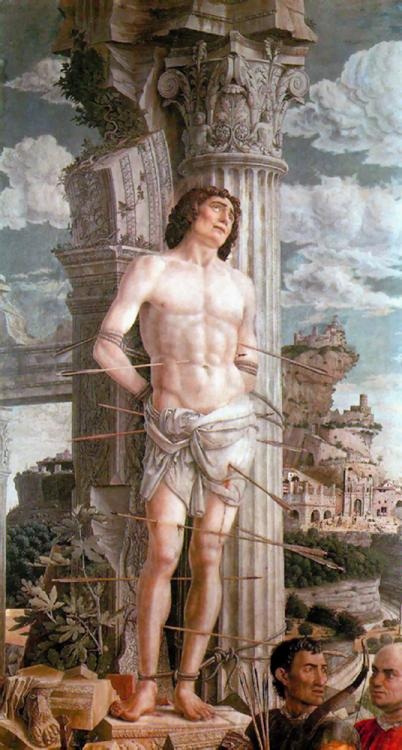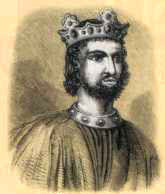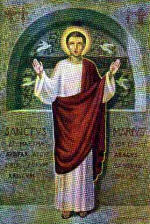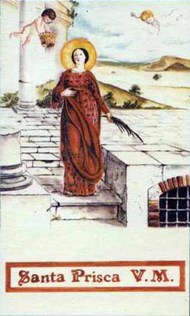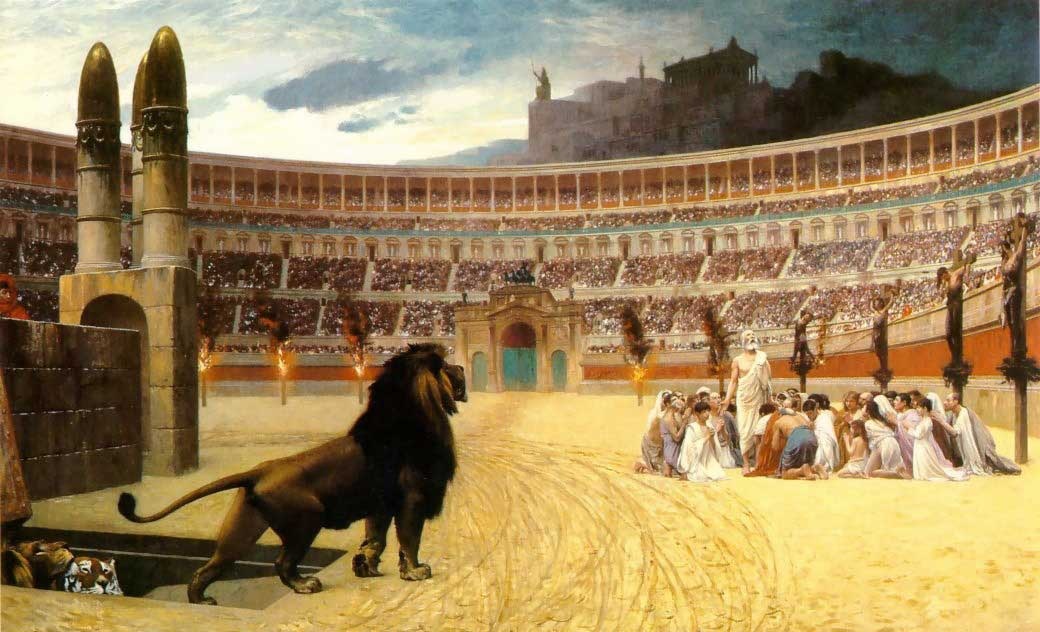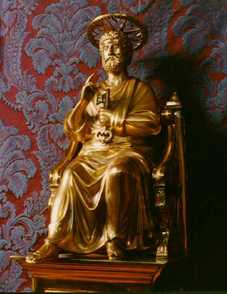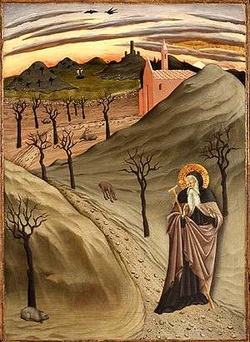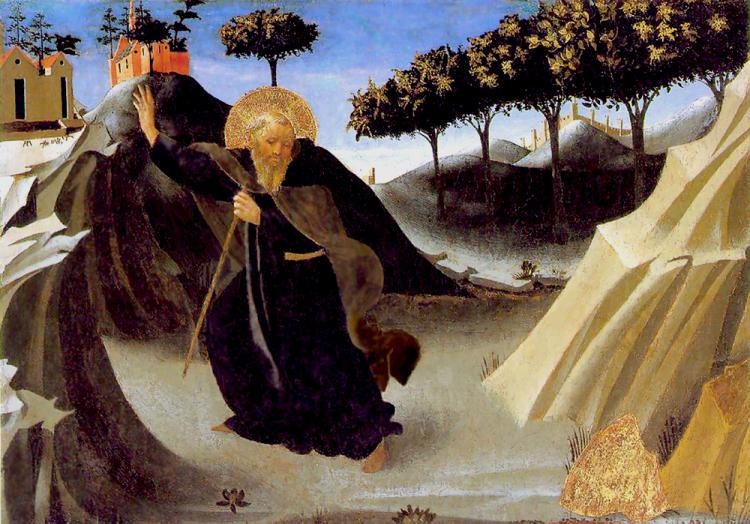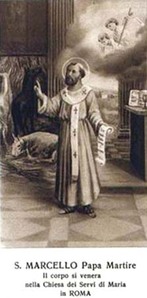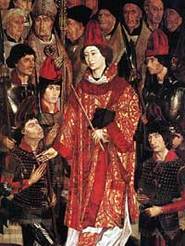
As he lay in his dark cell, a glorious light suddenly filled the prison, to the astonishment of all who saw it. The gaoler informed Dacian, who caused the martyr to be brought out and cared for in a soft bed, hoping that though he had failed to move him by cruelty, he might seduce him by pretended kindness. But the indomitable soul of Vincent, armed with faith and hope in Christ Jesus, remained unconquered even to the end, and triumphing over the fire, the steel, and the cruelty of the tormentors, passed away to receive the victorious crown or martyrdom in heaven on the 22nd day of January.
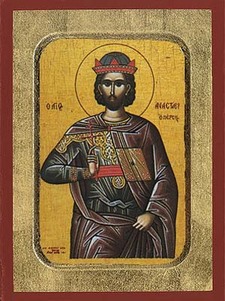
Anastasius was a Persian monk who made a pilgrimage to the Holy Places at Jerusalem in the reign of the Emperor Heraclius, during which journey he endured bonds and stripes on account of his confession of Christ at Caesarea, in Palestine. Soon after his return, he was arrested by the Persians for the same cause, and, after enduring divers torments, he and seventy other Christians were beheaded by order of King Chosroes. His relics were first carried to Jerusalem, to the monastery in which he had made his monastic profession, and afterwards to Rome, where they were laid in the monastery of Saints Vincent and Anastasius.
